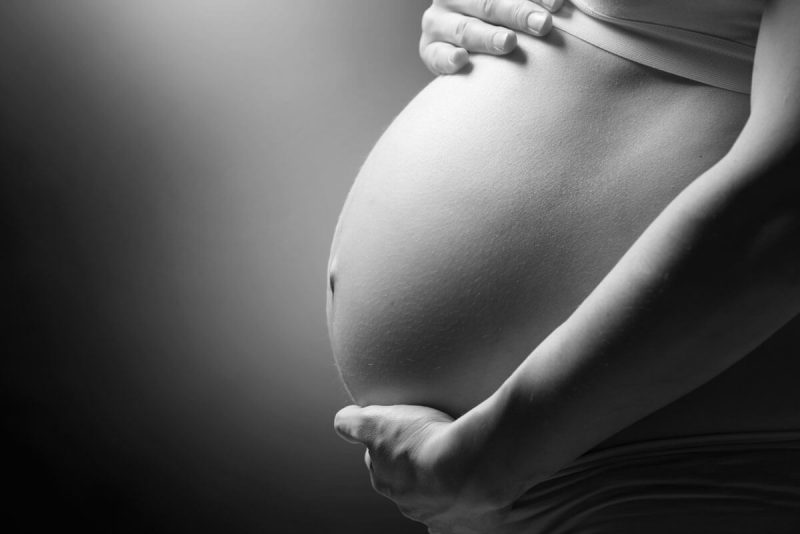Lamenting the increasing rate of maternal mortality in the country, Minister of Health, Prof. Isaac Adewole, has described pregnancy and child birthing greatest occupational hazard in Nigeria.
Addressing journalists in Ibadan at a strategy meeting organised by the Network of Reproductive Health Journalists in Nigeria (NRHJN), Adewole said that a nation must attach priority to women and children, adding that 30 percent of Nigeria’s Maternal Mortality Rate (MMR) can be prevented by Family Planning (FP).
Advertisement
“The issue of contraception needs to be taken seriously by women. There is need for family life education, sexuality education and how to manage relationship. When women don’t want a pregnancy, to the extent of the law, she must be allowed to decide whether to keep the pregnancy or not.
“During pregnancy, adequate care must be administered as well as delivery under professional supervision and also care for the new born. It is a continuum. If the woman eventually don’t wants the child, there are options to deliver and adopt. There are countries with zero population growth where women are paid to deliver, like Japan, because their population growth is beyond replacement. Looking at all the options provided, the cheapest is Family Planning (FP),” the minister said.
According to him, despite contraception been a key component in the FP2020 and the massive amount invested in the project, Nigeria has not gone beyond Modern Contraception Prevalent Rate (MCPR) of 11 percent, stressing the need for more advocacy as Nigeria’s Maternal Mortality Ratio is the worst in the world and at the level with war-torn countries.
Adewole, “this year, 2018, the Federal government is piloting the demographic and health survey in six states which has skilled birth attendants less than 10 percent. For instance, Sokoto has 3 percent, which means when 100 women give birth in Sokoto, only three deliver under supervision of a medical expert.”
Advertisement
Adewole added that the government has instituted a committee of Accelerated Reduction of Maternal Mortality in these six states; Sokoto, Kebbi, Zamfara, Jigawa, Katsina and Yobe, adding that when the survey is carried out this year, things might be better.
He stated, “if the government invests one naira in FP, the return is 14 percent, immunization is 16 percent, tuberculosis is 85 percent. When there is an investment in health, the return is far bigger than infrastructure. I am appealing to state governors to invest in health. Money in health is no waste as it is not an expenditure but an investment.”
The minister, however, said issues of abortion is complex as even the person who just had an abortion has stigmatized herself, calling on the individuals to open up as well as society should take conscious decision to protect the lives of the women by educating them.
Also speaking at the event, Country Director, IPAS Nigeria, Barr. Hauwa Shekarau, said complications resulting from unsafe abortions are major contributors to maternal morbidity and mortality, stating a 2012 survey by Guttmacher in collaboration with University of Ibadan states that 1.25million induced abortion were performed in Nigeria in 2012.
The survey stated that, “Nationally, the annual abortion rate was 33 per 1,000 women aged 15 to 49. The abortion ratio was 19 per 100 live births. About 40 percent (490,000) of women having abortion experience complications. Of these, 43 percent (212,000) were treated representing a treatment rate of 5.6 per 1000 women of reproductive age and an additional 285,000 experience serious health consequences but did not receive the treatment they needed
Advertisement
“The nature of presenting complications include; hemorrhage, pain, sepsis and shock.”
She said induced abortion is illegal in Nigeria, yet pregnancy terminations are quite common and because most of them are performed clandestinely, or by unskilled providers, many are unsafe.



